The World Energy & Meteorology Council (WEMC) was set up to build on the growing knowledge and expertise in weather and climate risk management for the energy industry. Working with our partners and members worldwide, WEMC brings together experts from the energy and climate science communities, to collaborate and share knowledge that can help create more sustainable, resilient and efficient energy systems.
PROJECTS
Current Projects

European Union H2020 Programme: September 2020 – (August) November 2024

European Union Horizon Europe Programme: September 2022 – August 2026
FOCI – Non-CO2 Forcers And Their Climate, Weather, Air Quality And Health Impacts

European Union Horizon Europe Programme: January 2024 – December 2026
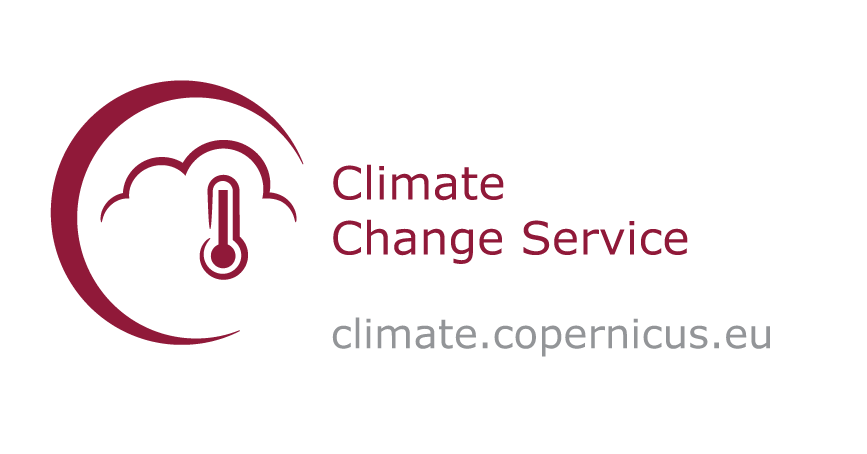
Copernicus Climate Change Service (C3S)
Ongoing Collaborations

Global Framework for Climate Services

Completed Projects

European Union H2020 Programme
The Added Value of Seasonal Climate Forecasting for Integrated Risk Management (SECLI-FIRM)

Copernicus Climate Change Service (C3S)
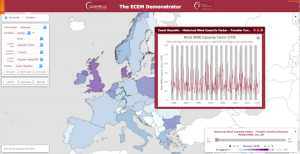
Copernicus Climate Change Service (C3S)
LATEST NEWS
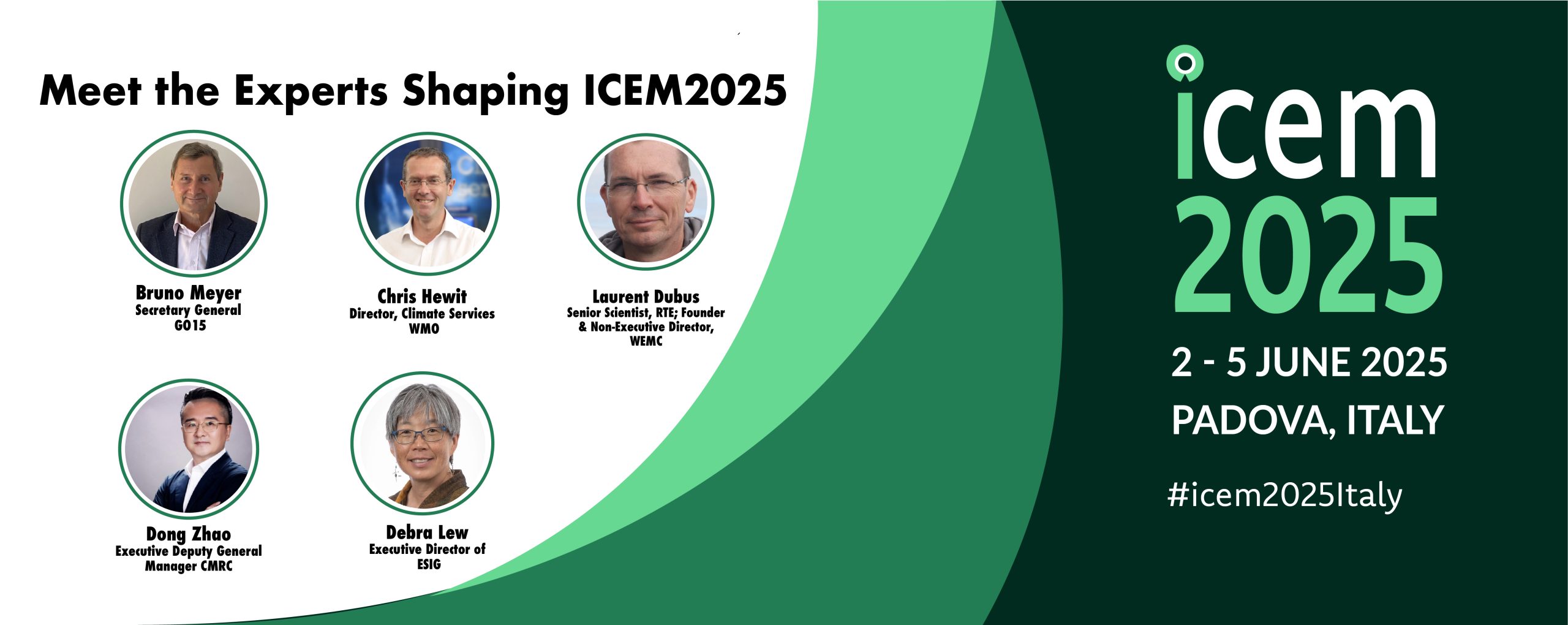
The 8th International Conference Energy & Meteorology (ICEM2025) is centred on a bold and urgent theme: “Contributing to the Net Zero Emission Target.”
Our confirmed plenary speakers reflect the cross-disciplinary expertise and global collaboration required to meet this challenge—from advancing climate services to strengthening energy systems and fostering innovation in high-impact industries.
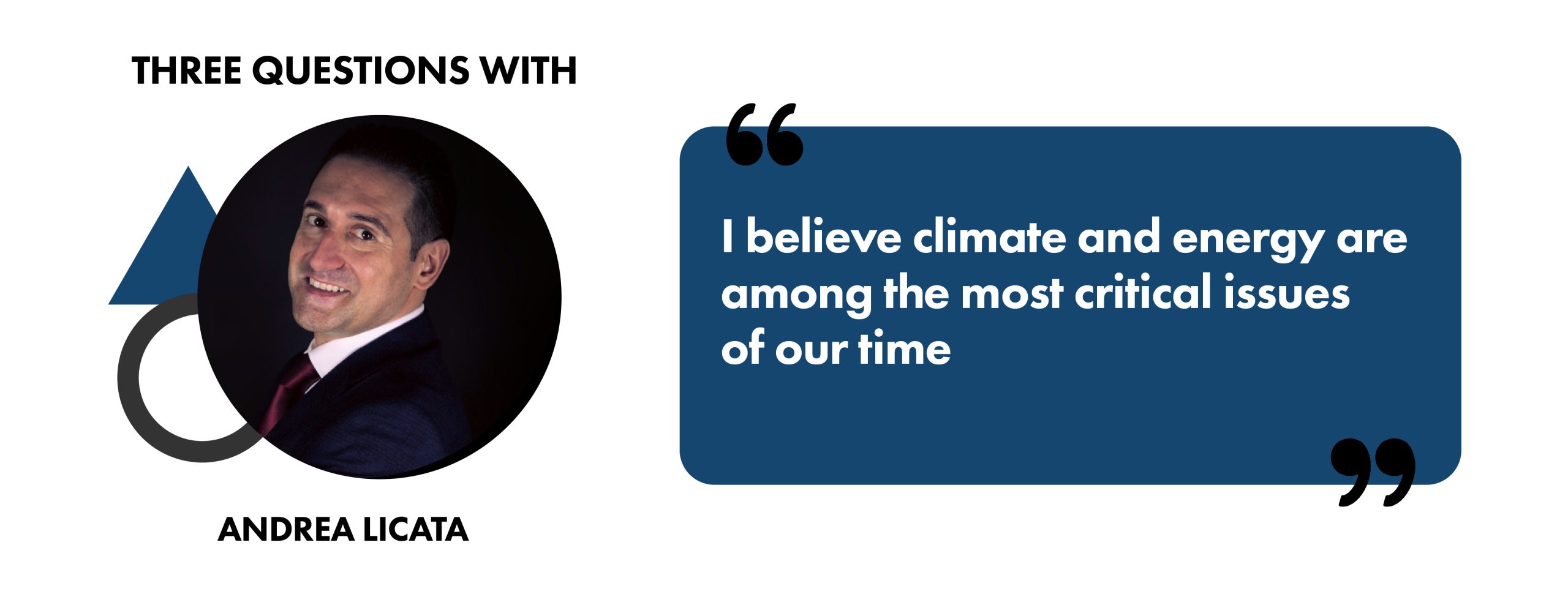
In this edition of “3 Questions With,” we feature Andrea Licata, a dynamic leader and advocate for green innovation and climate education. Andrea’s journey in the energy and climate field is driven by a deep commitment to fostering collaboration and dialogue among stakeholders, from startups and investors to renowned academics. With a keen interest in sustainable solutions and educational initiatives, he is shaping…
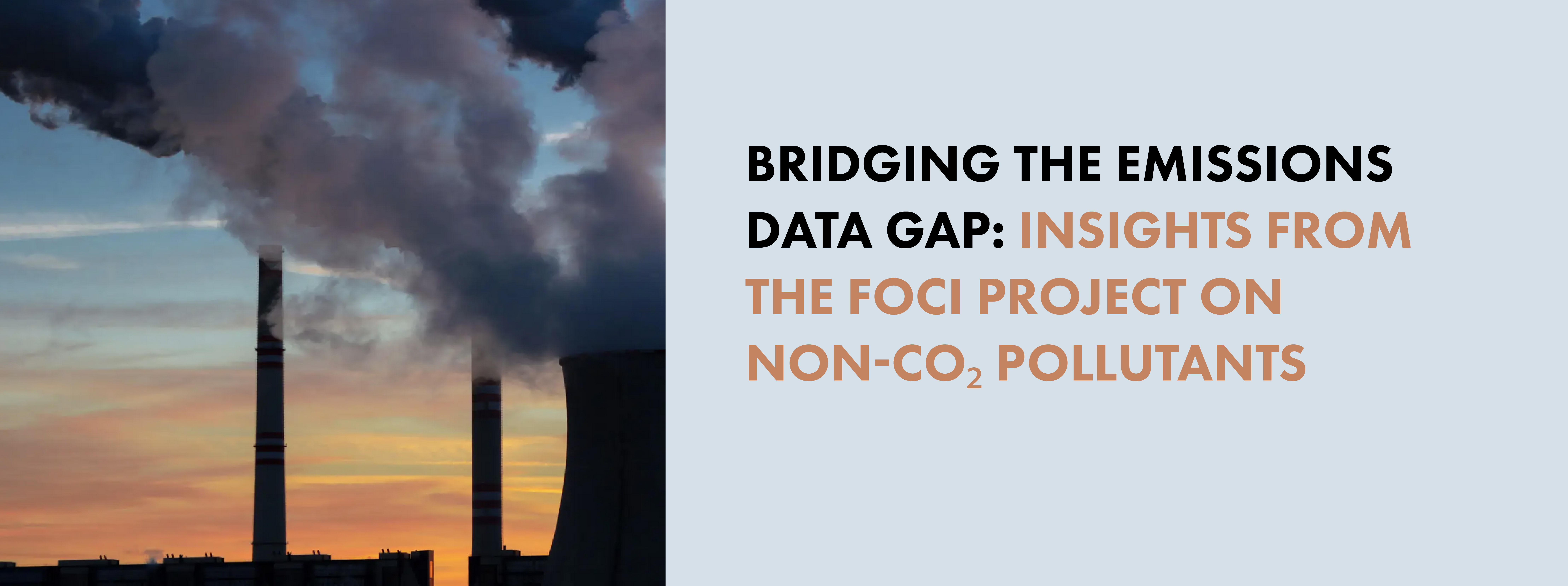
In the global effort to better understand and address climate change, accurate data on emissions is more critical than ever. While much attention is given to CO₂, non-CO₂ pollutants such as methane (CH₄), nitrogen oxides (NOₓ) and others also play a significant role in driving climate change. The FOCI project (2022–2026), is a collaborative effort involving 17 partners from renowned universities, research institutions, and international organisations..



